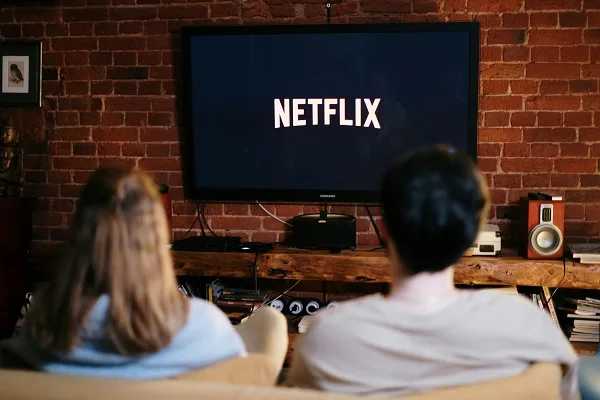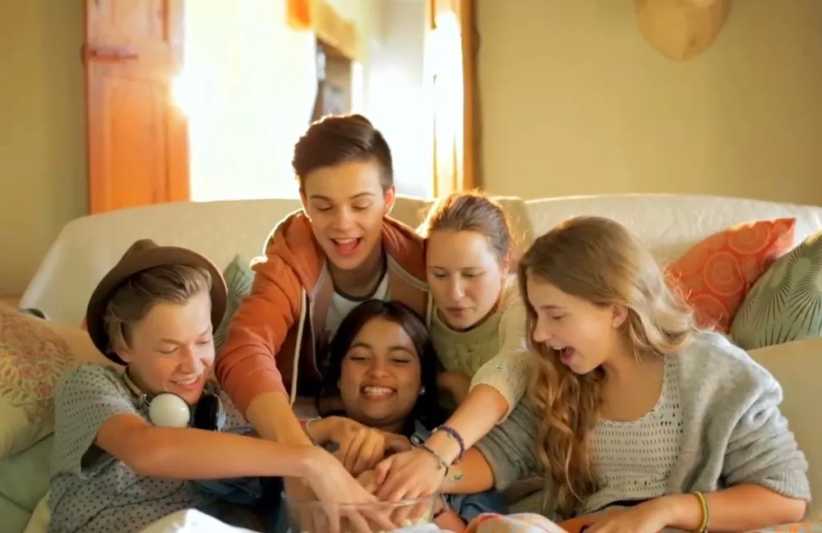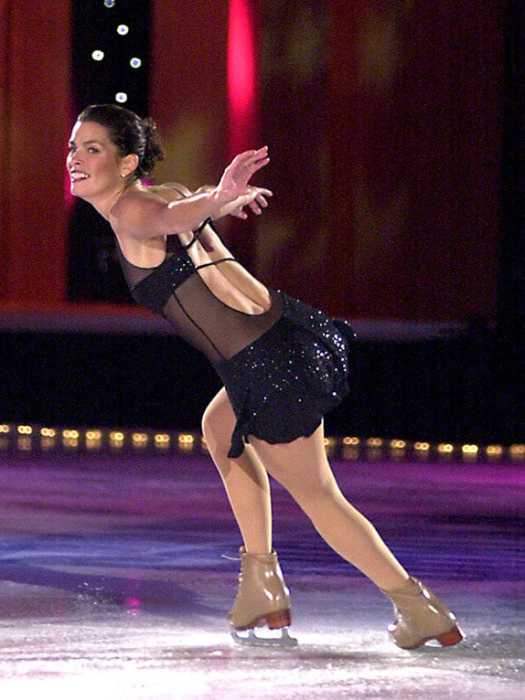I have always been quite clumsy, especially as a young child. Mealtime at my house was mostly a messy disaster. I was prone to dropping food on the floor, breaking ceramic dishes and glassware, and, probably worst of all, spilling my drinks. Believe it or not, few family dinners would go by without a river of milk or juice pouring across our tablecloth and dripping onto our hardwood floor.
As annoying as this must have been to my parents, they surprisingly never disciplined me for my lack of coordination and the messy consequences. My dad would always teach me to just wipe up the mess.
Fast-forward to today and as a teenager, tasting freedom and responsibility for the first time at college, I have, without a doubt, metaphorically “spilled” many drinks. However, the mistakes we make as a teen tend to coincide with consequences a bit more grave than just a wet table. Like spilling a drink, our teenage mistakes are just as unintentional and mostly just a result of a lapse of common sense or the result of a lack of real-world experiences.
Still, I have learned that my dad’s philosophy still applies. We all make mistakes in our young lives, but we need to learn how to pick up the pieces and focus on finding a solution, rather than merely on the fact that we have messed up.
For teenagers coming to terms with their somewhat complicated place in this world, avoiding mistakes might as well be walking on eggshells. Our peers, family, and society often lay out high expectations for us and we, too, might apply pressure on ourselves. My own mistakes have ranged from minor infractions like oversleeping and missing class, to more serious misgivings such as winding up in the emergency room for goofing off in my backyard. Some of my friends have committed wrongdoings even more serious like crashing the family car. Regardless of how big or small our mistakes might be, our errors leave behind victims who must face the consequences. Sometimes, our failure to fulfill our duties or keep our promises affects others, but more often we are the biggest victims and the ones who need to put things right.
Trying to heal the wounds of our mistakes can be challenging, depending on the situation. I have found that simple and careless mistakes can be easily smoothed over with a genuine apology and a heart-to-heart. My freshman year, I decided to stay up late on Halloween to carve a pumpkin. This mistake was a bit costly, because I overslept the next morning and missed my 9 am class. Embarrassing? Absolutely. Out of all the ways I could have spent Halloween night, I wasted time carving a pumpkin! End of the world? No. A quick conversation and apology to my professor was all it took for forgiveness.
Yet, some mistakes may seem irreparable. In my experience, a social faux pas can take a lot of time to mend since human emotions can be complicated and trust is fragile. Misunderstandings are usually the cause of most conflicts between friends. There have been times where I unintentionally upset a friend, but could not grasp why she felt so badly violated.
To make matters worse, when a friend feels wronged, she might not be as open with you about her feelings. Attempting an apology can be difficult if you cannot even figure out what the problem is. Just understand that some people might be more sensitive than others. I have found that the best way to right a social wrong is to have a face-to-face conversation. Own up to your mistake and try to better understand what went wrong and how both of you can better maintain your friendship.
Then again, some mistakes are actually unfixable. Some things are just out of our hands. You just have to deal with the consequences of your actions. Our first reaction is often to dwell on this error, maybe even punish ourselves for making a stupid mistake. I have made plenty of careless mistakes on math and chemistry exams, often realizing right after I hand in my test, that I invented a world where 2 plus 10 equals 20. Unfortunately, once the test is over, there is no way I can fix my answer. It is not worth my time to obsess over this careless mistake. I will have to accept whatever partial credit my professors are generous (or not so generous) enough to give.
What is more important in unchangeable situations like this one is to focus on what you do have control of. Look forward. Perhaps, next time I can triple-check my work to make sure 2 plus 10 never equals 20!
I recently asked my dad why he stood so firmly by his philosophy regarding spilling drinks when I was younger. He told me that he did not want me to grow fearful of making mistakes and resort to covering up errors through dishonesty. Mistakes are such an inevitable part of life, and we cannot live our lives avoiding risk altogether. We must have the confidence that if errors do happen, we can problem-solve and find a solution.
Learning this now is good preparation for the future. Like the old saying states, there is no use crying over spilled milk, and like my dad says, “Just clean it up.”
Aglaia Ho is a sophomore at Williams College and a native New Yorker. She also writes for her own blog at www.aglai













